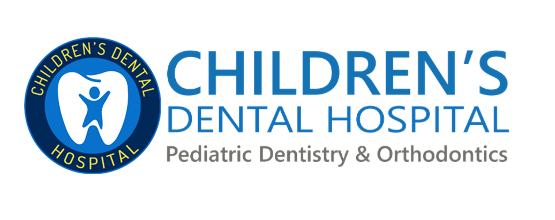
What are the signs and symptoms of canker sores?
Canker sores usually appear as painful, red spots that can be up to 1 inch (2.5 centimeters) across, although most of them are much smaller. Sometimes the area will tingle or burn before a spot actually appears. Once it does, the canker sore may swell and burst in about a day. The open sore may then have a white or yellowish coating over it as well as a red “halo” around it. Most often, canker sores popup alone, but they can also occur in small clusters.
Although uncommon, canker sores can be accompanied by such symptoms as fever, swollen lymph nodes, and a lethargic or slightly ill feeling. It takes about 2 weeks for canker sores to heal. During this time, the sores can be painful, although the first 3 to 4 days are usually the worst. If your child develops canker sores that last longer than 2 weeks or is unable to eat or drink because of the pain, contact your doctor. Also call the doctor if the sores appear more than two or three times a year.
How are canker sores diagnosed?
Canker sores are usually diagnosed by visual inspection by your pediatric dentist or pediatrician. If your child has recurrent canker sores, the doctor may want to perform tests to look for possible nutritional deficiencies (which can be corrected with dietary changes or using prescription vitamin supplements), immune system deficiencies, and food or other allergies.
Are canker sores preventable?
Mouth sores cannot be prevented, but the first line of defense against canker sores in children is to manage their oral environment to reduce the risk of developing these painful sores. Help your child maintain good oral hygiene. Help young children brush and teach growing children how to brush thoroughly and effectively. Your child’s pediatric dentist will be able to best equip your child for good oral health for life.
- Avoid buying toothpaste that contains sodium lauryl sulfate because it is known to cause canker sores.
- Allow young children to use plastic utensils to help prevent mouth sores caused by injuries to the mouth.
- Avoid feeding your child rough or acidic foods that may irritate the delicate inside of their mouth.
- If your child has recurrent canker sores, discuss diet and medications with your pediatrician to identify any food or drugs that may be causing an allergic reaction.
- Encourage children to eat yogurt, which contains acidophilus and may help prevent or encourage the healing of mouth sores.
How do I treat my child’s canker sores?
Often, canker sores can be easily treated with over-the-counter or even home remedies. Carbamide peroxide is a combination of peroxide and glycerin that cleans out the sore while coating it to protect the wound. Many over-the-counter remedies have benzocaine, menthol, and eucalyptol in them. These may sting at first and need to be applied repeatedly, but they can reduce pain and shorten the duration of the sore. You can also have your child rinse his or her mouth with a homemade solution for about a minute, four times a day, as needed. It’s extremely important to remember, though, that these rinses should not be swallowed, so they shouldn’t be used in kids too young to understand not to swallow.
You can try these rinse recipes:
- 2 ounces (59 milliliters) of hydrogen peroxide and 2 ounces (59 milliliters) of water
- 4 ounces (118 milliliters) of water mixed with 1 teaspoon (5 milliliters) of salt and 1 teaspoon (5 milliliters) of baking soda
Another option to help reduce discomfort and speed healing is dabbing a mixture of equal parts water and hydrogen peroxide directly on the sore, followed by a bit of milk of magnesia. You can also try to apply a wet black tea bag to the sore. Black tea contains tannin, an astringent that can help relieve pain. You can also get tannin in over-the-counter medications. Ask the pharmacist for more information. If the doctor prescribes a medicine that should be applied directly to the canker sore, first dry the area with a tissue. Use a cotton swab to apply a small amount of the medication. Finally, have your child avoid eating or drinking for at least 30 minutes to make sure that the medicine isn’t immediately washed away and has time to work. In some cases of severe mouth sores, the doctor may prescribe immunosuppressive drugs or mouth rinses or gels that contain steroids.

